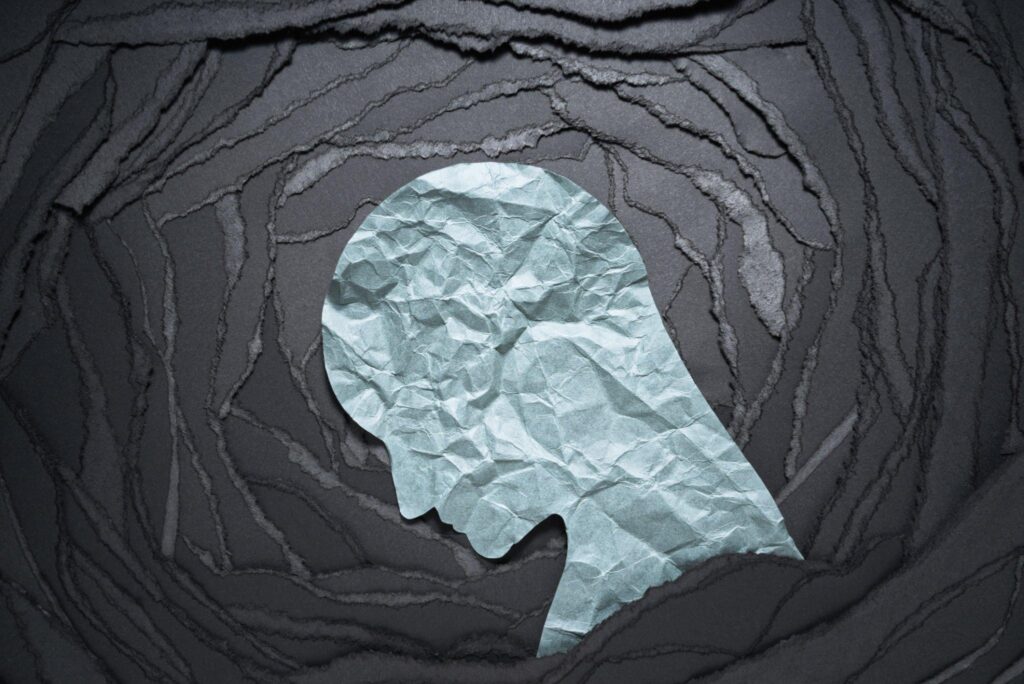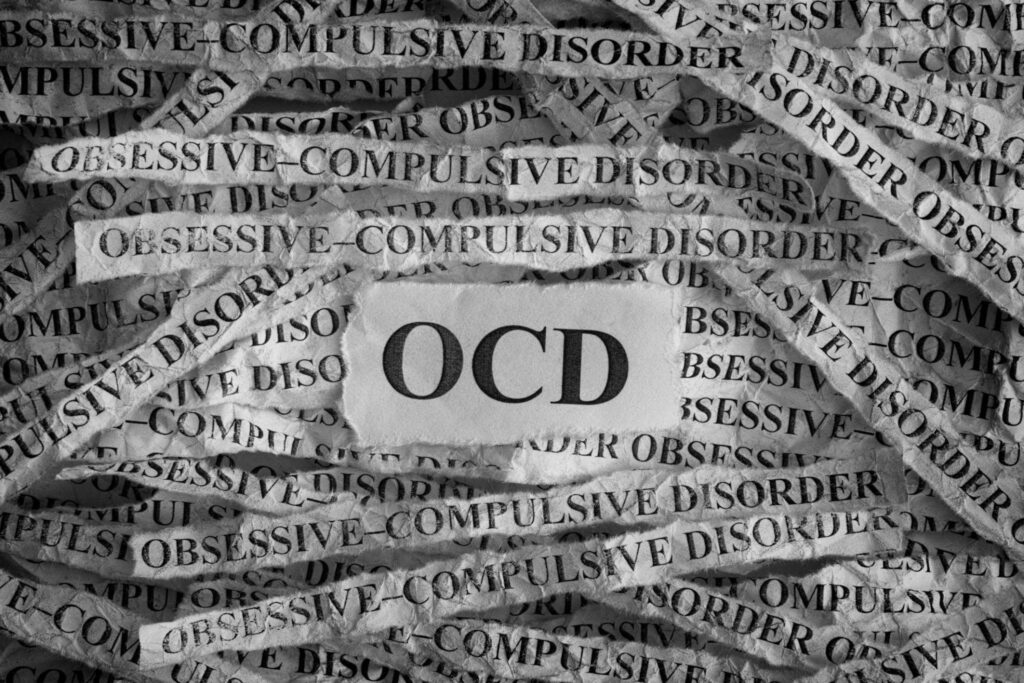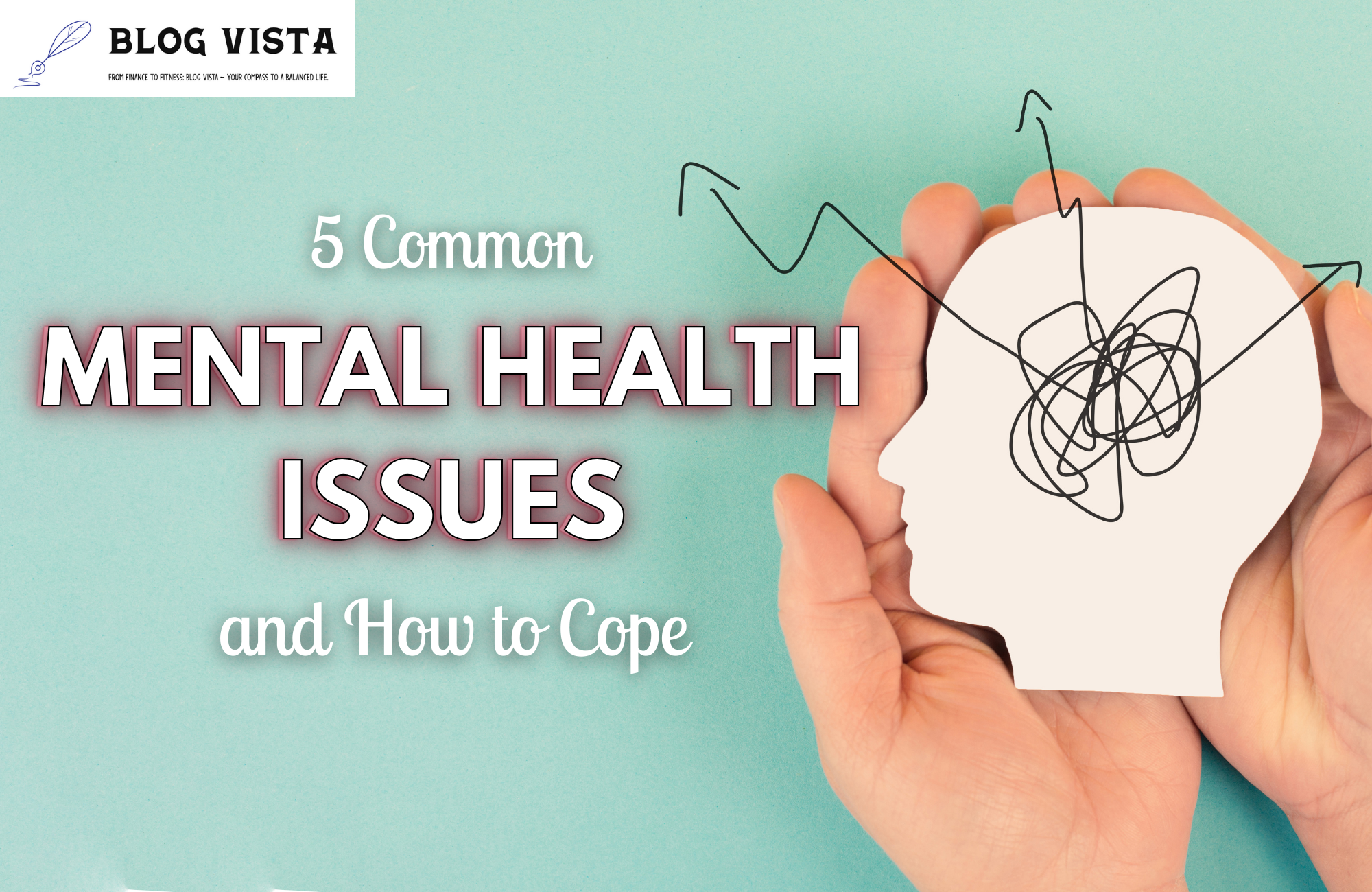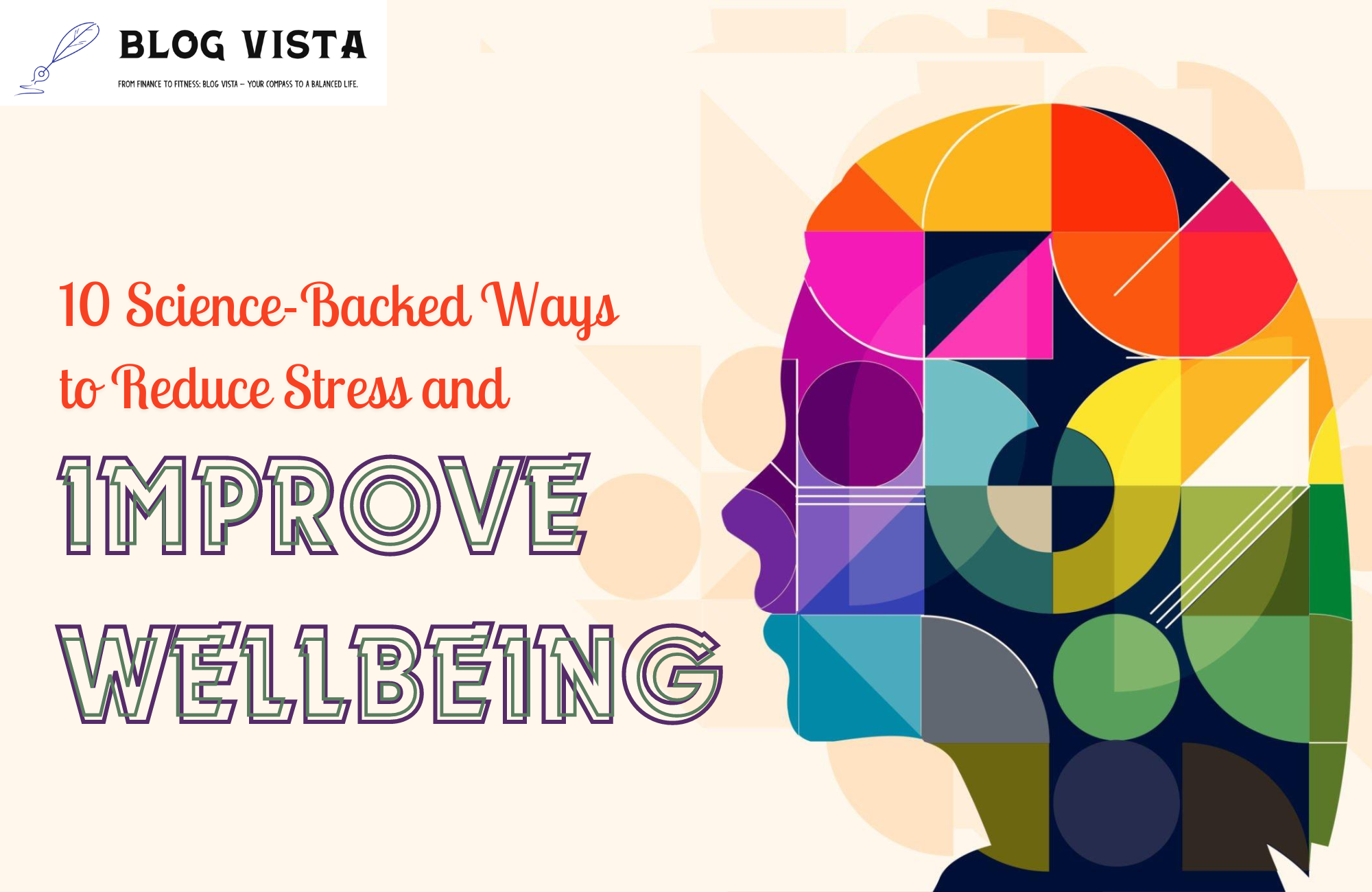Mental health issues are more common than you think. According to recent statistics, 1 in 5 adults in the US experience mental illness each year. The good news is there are many effective ways to manage common mental health problems. Read on to learn about 5 prevalent issues and healthy coping techniques.
What Causes Mental Health Issues?
Mental health disorders arise from a complex mix of factors like genetics, early childhood experiences, traumatic events, substance abuse, and social settings. These influences impact brain chemistry and function leading to conditions like anxiety, depression, addiction, PTSD, OCD and more. While the causes vary, the right support makes all the difference.
1. Anxiety Disorders

Anxiety disorders like generalized anxiety, social anxiety, panic attacks and phobia affect over 19% of US adults. Feeling anxious for short periods is normal but chronic anxiety interferes with daily life. Symptoms include excessive fear, fatigue, restlessness, muscle tension, increased heart rate, sweating, and sleep issues.
Coping Strategies
- Practice relaxation techniques like deep breathing, meditation, yoga
- Exercise regularly to relieve tension
- Challenge negative assumptions
- Don’t avoid situations out of fear
- Seek counseling or a support group
2. Depression
Depression is more than just feeling sad. This mood disorder makes you feel hopeless, worthless, exhausted, and detached for weeks at a time. Approximately 8% of Americans deal with major depression each year.
Common signs include intense emotions, changes in appetite, lack of concentration, thoughts of death or suicide, and loss of interest in fun activities.
Ways to Manage
- Stick to a routine and set small goals
- Spend time outdoors or with supportive friends
- Join a depression study or support group
- Consider medication or counseling for moderate/severe cases
3. Addiction

Addiction hijacks the brain’s reward pathway making it dependent on substances like opioids, alcohol, nicotine, and illicit drugs or behaviors like gambling. About 20 million US citizens have a substance use disorder.
Recurrent use continues despite harmful consequences to health, relationships, work and more. It can take the form of drug dependence, alcoholism or behavioral addiction.
Seeking Help
- Join a 12-step program like AA or NA
- Undergo medically assisted opioid detox
- Use relapse prevention strategies
- Treat underlying mental issues
- Sign up for addiction counseling
- Avoid triggers and replace habits
4. Post Traumatic Stress Disorder
Around 8 million American adults have PTSD in a given year. This mental health issue emerges after traumatic events like combat exposure, sexual assault, natural disasters or accidents. Symptoms involve flashbacks, bad dreams, memory issues, evasive behavior, feeling tense, trouble sleeping and concentration issues.
Ways to Get Better
- Trauma therapy with a practitioner
- Certain medications to improve mood/sleep
- Support groups for trauma survivors
- Learning coping techniques
- Getting emotional support
5. Obsessive Compulsive Disorder

OCD causes relentless thoughts and fears called obsessions that trigger repetitive behaviors like hand washing called compulsions. Around 2 million Americans have obsessive compulsive disorder. OCD signs include irrational fears of germs, harming others, taboo thoughts and perfectionism.
Strategies to Overcome OCD
- Exposure and response prevention therapy
- Cognitive behavioral therapy (CBT)
- Medications like SSRIs
- Maintain healthy lifestyle habits
- Join an OCD support community
The Takeaway
Mental health issues arise from various factors and manifest in different ways. But despite their complex roots, many common conditions respond well to treatment. With the right coping methods and support system, most people can manage symptoms and enjoy healthy, fulfilling lives. Follow Blog Vista for more such blogs.
Frequently Asked Questions
Prolonged sadness, extreme mood swings, excessive fears, confused thinking, hearing voices, suicidal thoughts.
Seek help as soon as symptoms disrupt your daily functioning - don't downplay or ignore them.
Yes, mental health issues increase the tendency to self-medicate symptoms with drugs, alcohol or other addictive behaviors.
Start with your primary care doctor or a psychiatrist to get an evaluation, diagnosis and specialist referrals.
Meditation, yoga, exercise, nutrition, nature exposure and good sleep can ease some mental health symptoms.
Yes. Half of chronic mental illnesses begin by age 14, including anxiety, ADHD, eating disorders.
Write a caring letter explaining your specific concerns and research local treatment options to offer help getting appointments.
Yes. When mental illness symptoms substantially limit major life activities, legal protections can provide work/school accommodations.




One thought on “5 Common Mental Health Issues and How to Cope”
Although I enjoy your website, you should proofread a few of your pieces. Many of them have serious spelling errors, which makes it difficult for me to convey the truth. Nevertheless, I will definitely return.